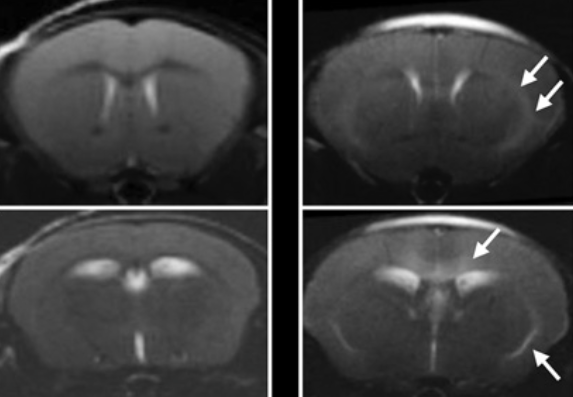Psychological Stress Damages Brain’s Blood Vessels
Mouse Study Illuminates Potential Mechanism Behind Mood and Anxiety Disorders
Millions of Americans suffered from depression and anxiety even before COVID-19 began upending their lives. To make matters worse, the stresses of living through a pandemic might not only worsen mental health but could also wreak havoc on the brain itself. New IRP research has found that psychological stress damages blood vessels in the brains of mice and dramatically alters the behavior of genes in certain blood vessel cells.



